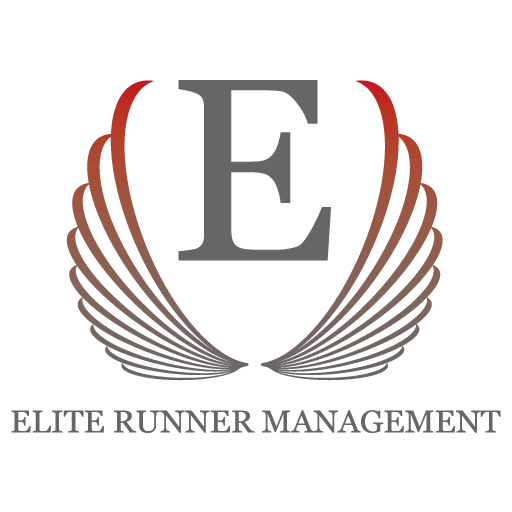I’m often asked what it takes to become a track & field agent. Maybe you think it would be fun to represent and hobnob with the most talented athletes in the world and have front row seats to watch them perform at glamorous venues in New York, Boston, Eugene, and Europe. If so, we welcome you. We are a shrinking breed.
When I became an agent in 2013, there were 62 of us in the United States. Now there are only 50, according to the latest update to the USATF Athlete Representatives Directory. Why a 20% decrease in only 5 years? The simple answer is that it’s an extremely difficult way to cover costs and expenses, let alone make a living. It may not sound romantic, but my wife and I go out to dinner at our special restaurant at the end of each year to conduct a “year in review” and discuss our aspirations moving forward. Finances are always a topic on the agenda. Usually, by the end of dessert and while sipping an after-dinner drink my wife will ever-so-politely ask, “Do you think Elite Runner Management will break even this year?” For the first 3 years that I was an agent my answers in succession were: “I really don’t know;” “I sure hope so;” and “Maybe this year.” One of the proudest moments of my career came in that third year when one of my athletes won a significant marathon and my wife immediately sent me a text message that said, “Congratulations, ERM. Looks like you’re going to break even this year!!!”
It’s challenging to be an agent. Even more challenging to do it right. It’s a major commitment in terms of time and money. And you need a good deal of both to succeed. To become an athlete representative, you have to sit for and pass a 2-day exam on everything from the Athlete-Agent relationship, to Anti-Doping, to competition rules and regulations. The USATF part of the exam is given annually. As of 2018, the IAAF part is only offered bi-annually, in even years. Although both tests are multiple choice, you must score 80% or higher on the USATF exam and 75% or better on the IAAF test to become certified. For me, taking the bar exam was easier. You also must pay an $800 annual fee to USATF for the privilege of being an agent (and to cover insurance costs) and you are required to attend, in person, an annual educational seminar which is offered only twice a year. By the way, you will bear the cost of the travel, lodging, and expense yourself to attend this seminar.
Now that you are an agent, your work has just begun. In a tremendously competitive market with shrinking revenues, you must find exceptional athletes to represent. Then, in order to get your athletes into the best races, you must meet and introduce yourself to race directors and elite athlete coordinators so they get to know your athletes and become familiar with your agency. You must make an impression on shoe sponsors and endorsers in the industry so that they trust you and are willing to take a chance and partner with your athletes. You have to nurture your athletes’ profiles both in the sport and on social media so that the athlete is desirable to those individuals and businesses who can affect their careers. You will have to counsel and console your athletes in good times and bad and work with their coaches to make it as easy as possible for them to train and perform at their best come race day.
Of the other 49 agents you are competing against for talent in the US, you are painfully aware that just 8 agencies represent nearly half of all American athletes with agents. Of those 8 agencies, what I call “the big 3” represent 57, 42, and 38 athletes respectively, approximately 30% of the entire market. It is apparent to all that these few agents monopolize most of the high end of the talent pool and dominate your profession. On the flip side, you know that more than half of the agents (27 to be exact) have fewer than 10 athletes in their stables, that 14 of these have only 3 athletes or less, and that 5 agents currently list representing no athletes at all. But you love the sport, you believe in yourself, and although not indispensible, you know you have a profound effect on the lives of the athletes you have chosen to work with.
So, knowing the difficulties, the financial challenges, and the competition that has killed off 20% of your colleagues in the last 5 years, why become an agent? Because it’s fun to represent and hobnob with the most talented athletes in the world and have front row seats to watch them perform at glamorous venues in New York, Boston, Eugene, and Europe, of course! Come join us. We are a shrinking breed.
